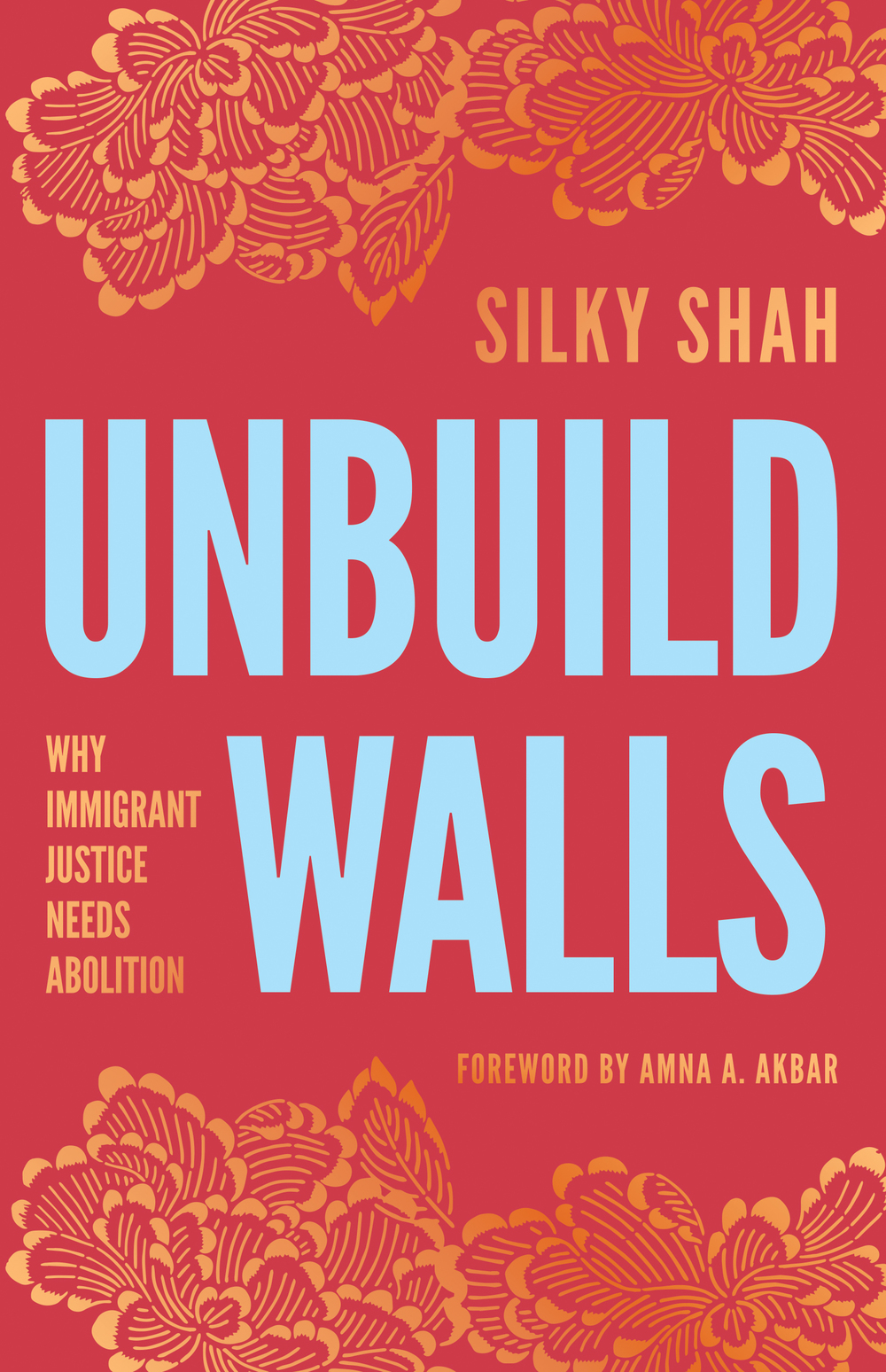Steven Ray ha recensito Unbuild Walls di Silky Shah
A well-written history detailing many strategies for future success
5 stelle
A very timely read, Unbuild Walls charts the evolution of immigration in the U.S., including ICE and the prison industrial complex on one side and immigration reform and prison abolition activists on the other.
With twenty years of activism, the author describes the injustices she's seen and the steps that have been taken to counter them. Not all succeeded, but many did. It's hard to find a lot of optimism in the current environment we find ourselves in, but the lessons in this book do offer reasons to be encouraged.
Very recommended. Available in multiple formats from Haymarket, which has tons of great titles in their back catalog.
A very timely read, Unbuild Walls charts the evolution of immigration in the U.S., including ICE and the prison industrial complex on one side and immigration reform and prison abolition activists on the other.
With twenty years of activism, the author describes the injustices she's seen and the steps that have been taken to counter them. Not all succeeded, but many did. It's hard to find a lot of optimism in the current environment we find ourselves in, but the lessons in this book do offer reasons to be encouraged.
Very recommended. Available in multiple formats from Haymarket, which has tons of great titles in their back catalog.


